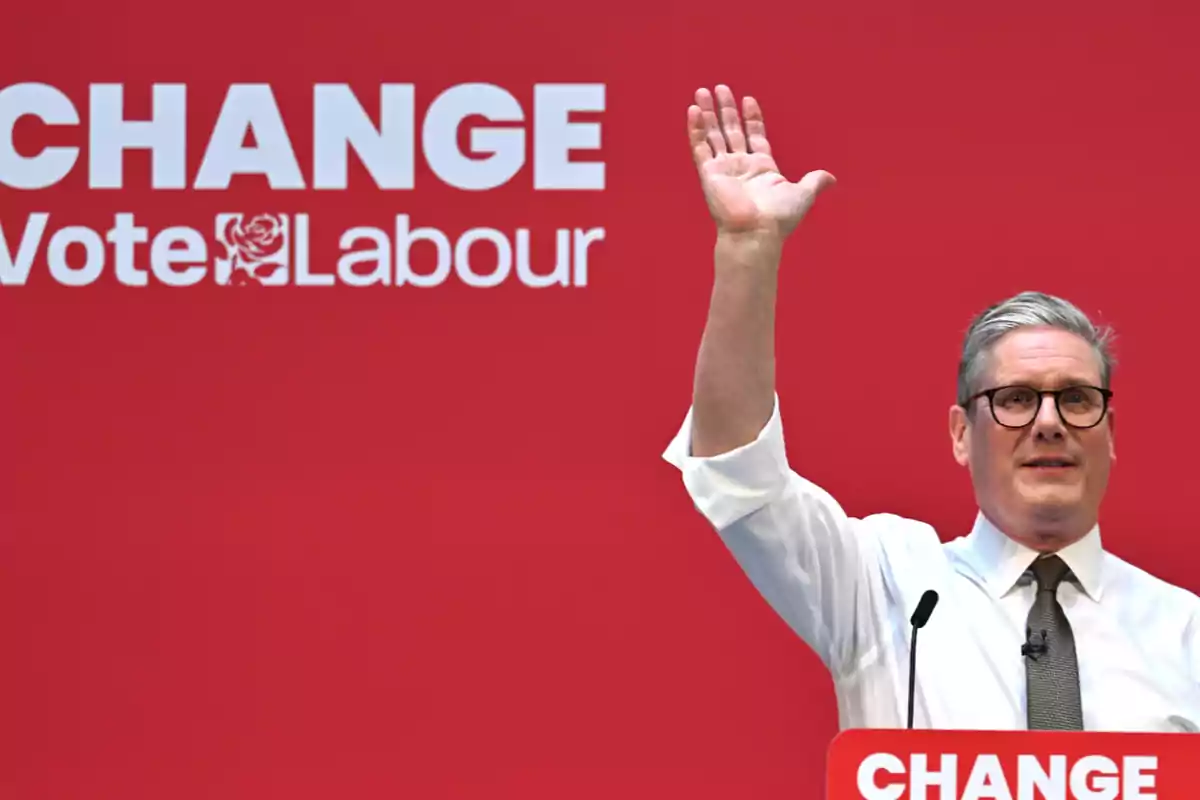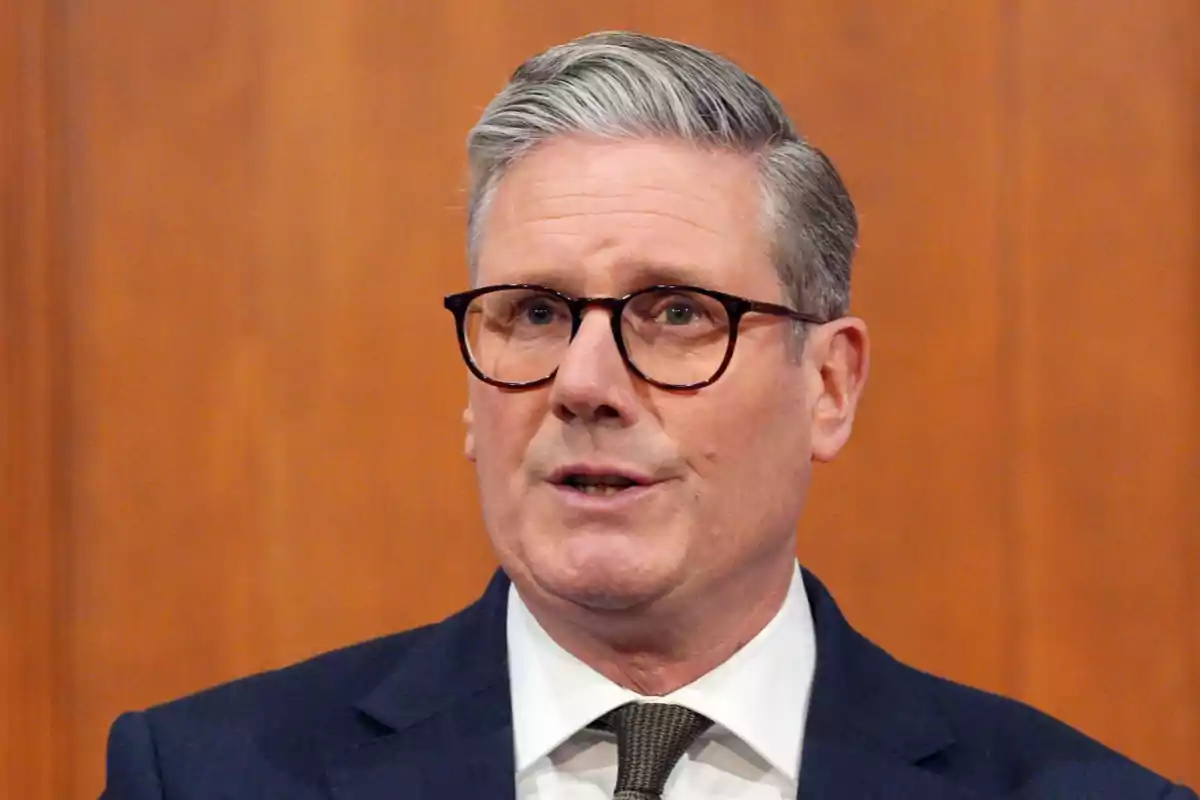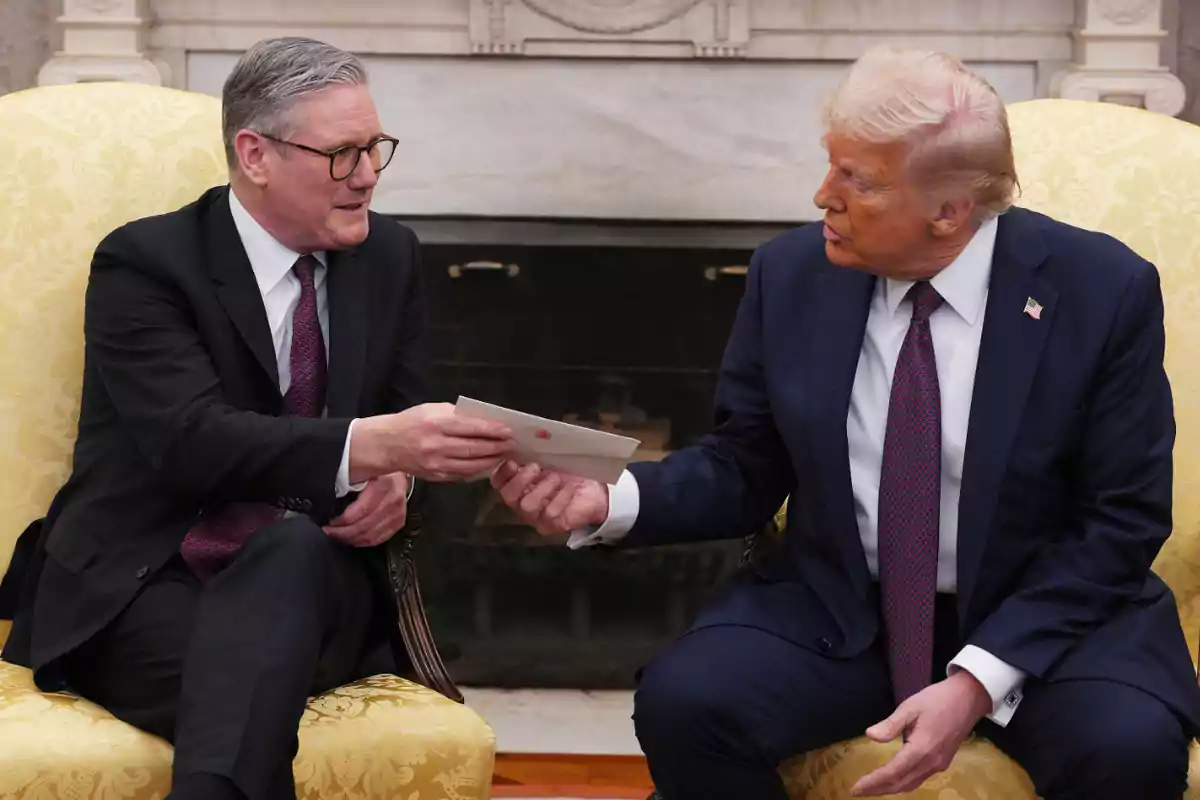
United Kingdom: inflation rises to 3.5% due to Starmer's socialist government
The socialist government failed again: the British face record increases in energy, taxes, and regulations
Inflation in the United Kingdom reached its highest point in over a year in April, hitting 3.5%, according to the Office for National Statistics. The figure not only exceeded market forecasts—which estimated a rise to 3.3%—but clearly reflects the failure of Prime Minister Keir Starmer's economic model, whose socialist management has burdened households and businesses with taxes, regulations, and minimum wages imposed without assessing their macroeconomic impact.
Increases in energy and water bills were decisive in this inflationary surge, representing the largest jump since October 2022, when the United Kingdom was still dealing with the energy crisis triggered by Russia's invasion of Ukraine. However, what previously replied to an international situation is now the direct result of poorly calibrated internal decisions.
What's happening with the British economy?

- The consumer price index accelerated from 2.6% in March to 3.5% in April.
- The Bank of England warns that inflation could remain above 3% for the rest of the year.
- Economists point out that the policy of interest rate cuts must be halted due to increasing inflationary pressures.
- The increase in the minimum wage and new taxes on businesses have amplified the operating costs of productive sectors.
Meanwhile, the Bank of England is trying to contain the situation, having gradually reduced its main rate from 5.25% to 4.25% since August of last year. But internal voices, like that of Chief Economist Huw Pill, warn that the pace of monetary easing might have been premature. According to Rob Wood of Pantheon Macroeconomics, future cuts are "far from certain."
The socialist rhetoric, the results of the adjustment

Since coming to power, Starmer's government has bet on expansive public spending policies, accompanied by significant fiscal pressure on businesses. This strategy, celebrated in party speeches, is having concrete effects: more inflation, less competitiveness, and a citizenry suffocated by the rising cost of living.
In contrast, trade agreements promoted by leaders like Donald Trump—who advocated for the recent reduction of tariffs between the U.S. and the United Kingdom—could help contain inflation in 2026, although they are not enough to mitigate the immediate effects of the economic model adopted by the Labor Party.
More posts: